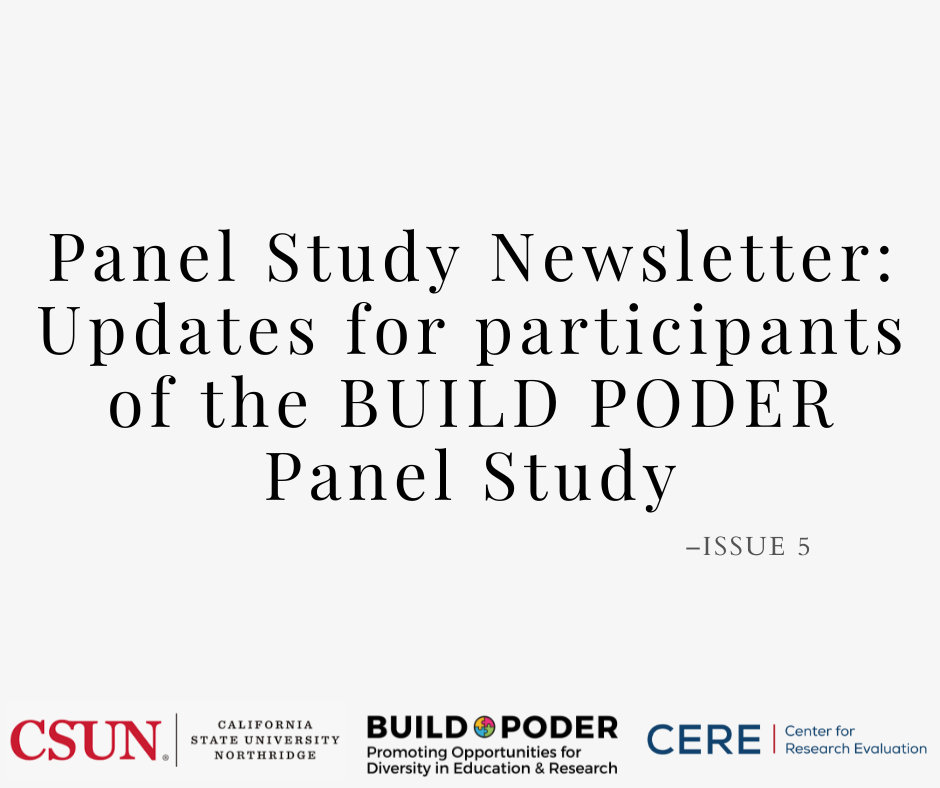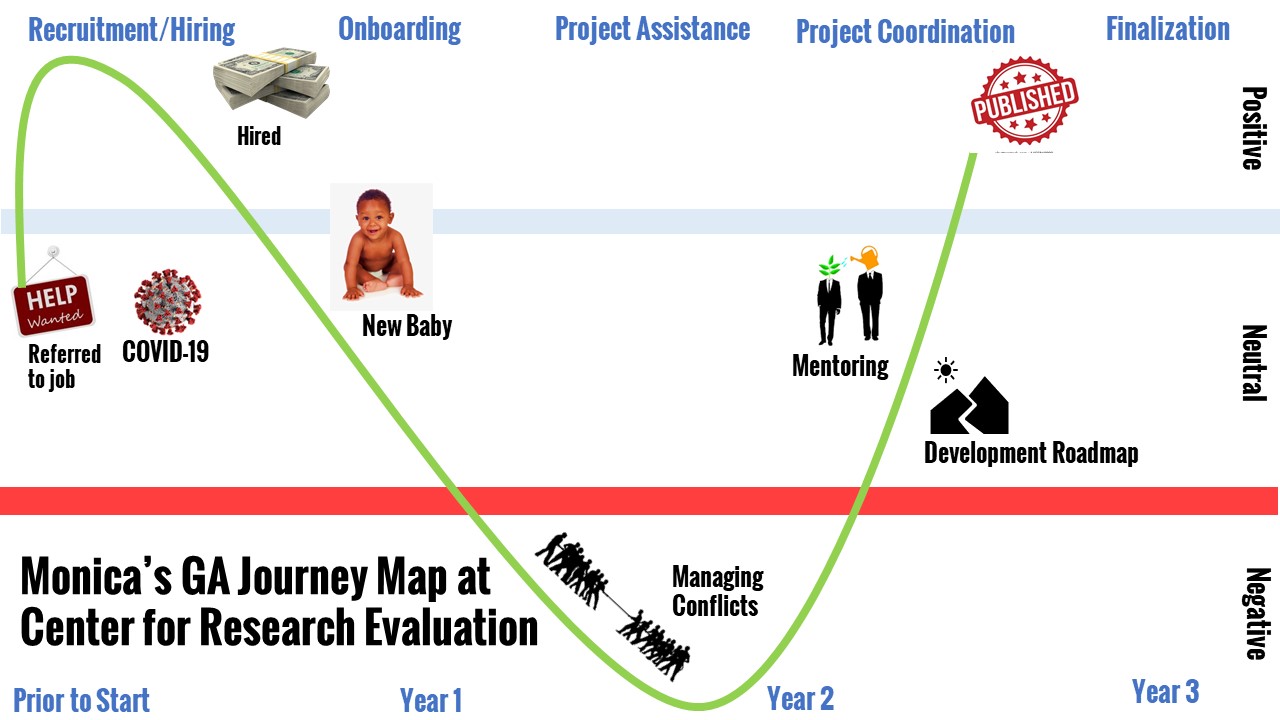
Finding Peace In Disagreeing With One Another: Using Deliberative Democratic Evaluation to Create Space for Dialogue
By Rachael Dickens
In today’s world, it can seem like political arguments never seem to find their means to an end. No one looks forward to the one family member who’s known for bringing up controversial topics at the Thanksgiving dinner table; everyone knows it never ends on a good note. With constant banter on social media platforms, news outlets, and even in passing, all hope can seem lost when it comes to people coming together to listen. As a 23-year-old from Portland, Oregon who moved to Mississippi, I have seen it evolve first hand over the past decade in very different parts of the country.
Are civil conversations a lost cause?
Political scientists James Fishkin and Larry Diamond didn’t think so, but wanted to test their theories about how to facilitate difficult conversations in times of disagreement. So, Fishkin and Diamond brought 526 demographically representative Americans together for a weekend in Texas to do the unthinkable: talk about the controversial.
Removing partisan language
Fishkin and Diamond found that when we (1) intentionally remove partisan language from our dialogue, (2) avoid inflammatory language, and (3) genuinely listen to stories about other peoples’ lives, it becomes easier to form productive relationships.
In short: bringing people together for constructive deliberate dialogue can help build relationships among diverse groups. While Fishkin and Diamond’s 526 participants said they didn’t change their views (even though findings suggested political orientations generally moved towards the center), many said they became more understanding of those with different opinions, and began to realize—at a personal level—the factors that went into why people held their beliefs.
The evaluation connection
We think evaluators can take heart from these findings! In particular, Fishkin and Diamond’s research led us to reflect on Ernest House’s writing about Deliberative Democratic Evaluation (DDE). To help us forward in our thinking, we called on DDE researcher Kathleen Doll to figure out what Fishkin and Diamond’s research might mean for evaluators hoping to embed DDE into their practice.
What is Deliberative Democratic Evaluation?
DDE is an evaluation approach that prioritizes engaging diverse voices so that the full range of values can be represented. According to Kathleen, it is grounded in three key tenets:
- Inclusion, which entails gathering a wide range of stakeholders with diverse backgrounds.
- Dialogue. The second major tenet is dialogue. Once all the stakeholders are gathered together, evaluators “let them all talk together, express themselves, and be heard”.
- Deliberation. The last tenet is deliberation, during which an evaluator facilitates meaningful reflection on this dialogue so that participants realize what matters most to them.
As Kathleen tells us: “the magic of deliberative evaluation lies in carving out spaces for people to openly, and safely discuss personal stories and perspectives. DDE is more than just asking participants to politely disagree, it’s urging them to co-create a world we can all live in, in a civil manner.”
Sounds familiar, right? But also: a challenge!
Deliberative evaluation approaches in practice
We asked Kathleen what evaluators should do if they want to use a deliberative democratic approach in practice. Drawing on her recent research into DDE, Kathleen said evaluators need three critical things if they are to use a DDE approach in their work:
- Commitment to values: especially to inclusion, equity and fairness
- Facilitation skills: to suitably manage the large amount of diversity in one room
- Time and resources: to accommodate time lines and participants
“It’s important to do more than just politely disagree. The Fishkin and Diamon project really challenged participants to think about social issues and to create a world that we can all live in that reflects our collective interests. That’s what democratic evaluation is all about.”
“Don’t be afraid to take those small actions that you think will incite democracy, inclusion and equity into your work”
Who knows, you might even be able to make the Thanksgiving dinner table a more productive place to be.



